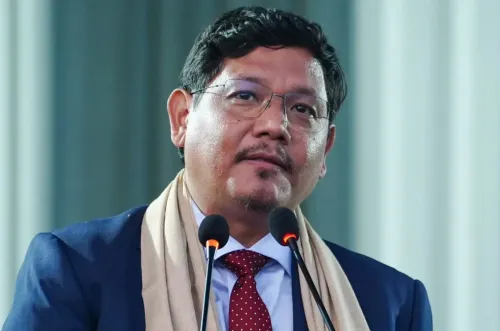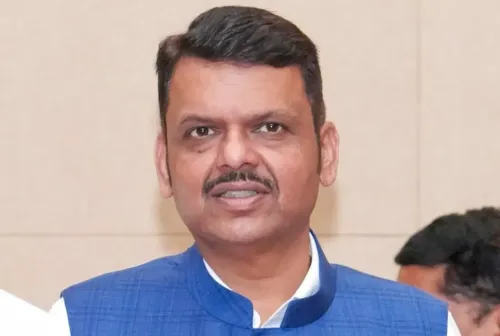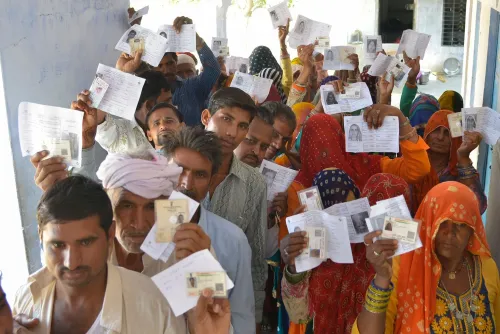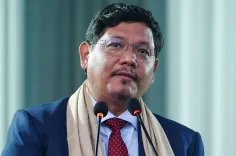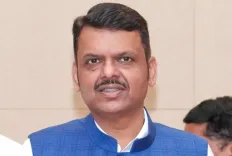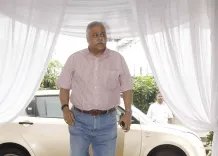Under PM Modi's Guidance, Rajasthan Poised to Lead in Water Resources: Minister
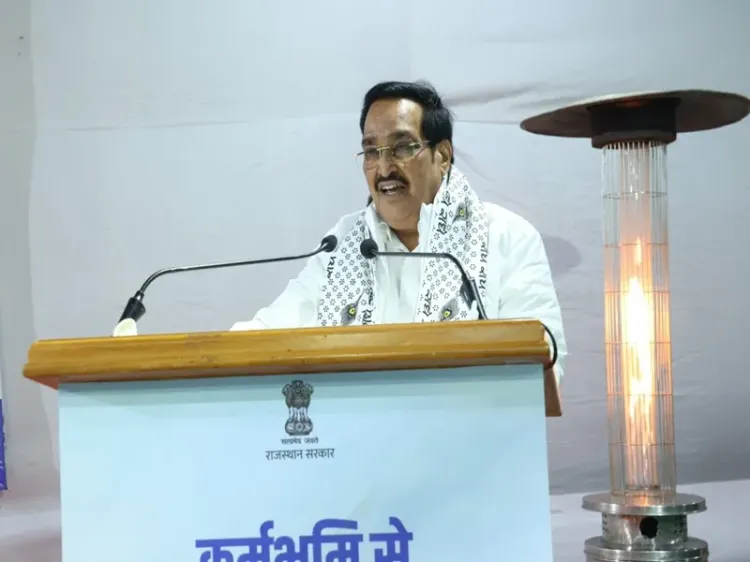
Synopsis
Key Takeaways
- Rajasthan aims to become the state with the highest volume of water.
- Significant efforts by the Central and state government for water sufficiency.
- Public involvement in water conservation is crucial.
- The PKC link project will address water scarcity.
- Construction of water recharge structures is essential.
Jaipur, Jan 16 (NationPress) Union Minister for Jal Shakti, C.R. Patil, has conveyed his optimism that Rajasthan will soon claim the title of the state with the highest volume of water under the stewardship of Prime Minister Narendra Modi.
He underscored the notable initiatives undertaken by both the Central government led by Prime Minister Modi and the state government headed by Chief Minister Bhajan Lal Sharma to enhance the state's water availability.
Additionally, he stressed the necessity of public participation in water conservation, encouraging residents to appreciate the significance of every drop.
With this perspective, the “Karmabhoomi Se Matribhoomi” campaign has transformed into a widespread movement.
During the bhoomi pujan ceremony for rainwater harvesting projects in the Sanganer Assembly constituency at Government College, Sanganer, Minister Patil highlighted that the Prime Minister's revamped PKC link project (integrated ERCP) will serve as a substantial remedy for the state's water shortages.
This ambitious Rs 70,000 crore initiative, he remarked, will require only 10 percent of the financial liability from state governments, while the Central government will shoulder 90 percent.
He also mentioned that the Yamuna Water Agreement is set to offer a lasting solution to the water issues faced by the Shekhawati region.
Patil further asserted that the populace of Rajasthan is more aware of the value of water than anyone else.
He reminisced about a time when people in Rajasthan would establish drinking water stalls wherever they roamed.
However, he conveyed that currently, instead of merely supplying drinking water, “there is a need to construct water recharge structures that will quench the earth's thirst”.
This strategy aims to ensure that the water in every village remains within the village, the water in every field stays in the field, and rainwater in every home permeates into the ground.

